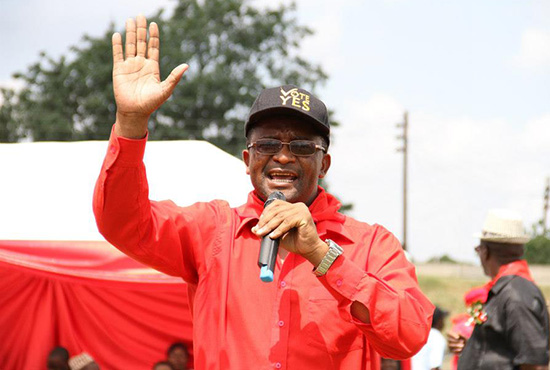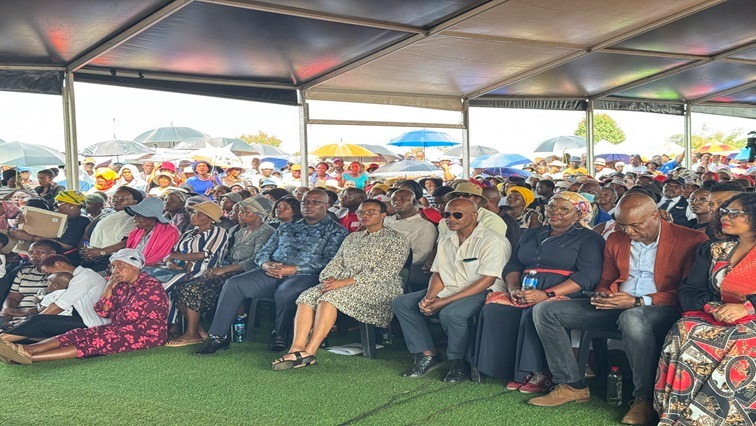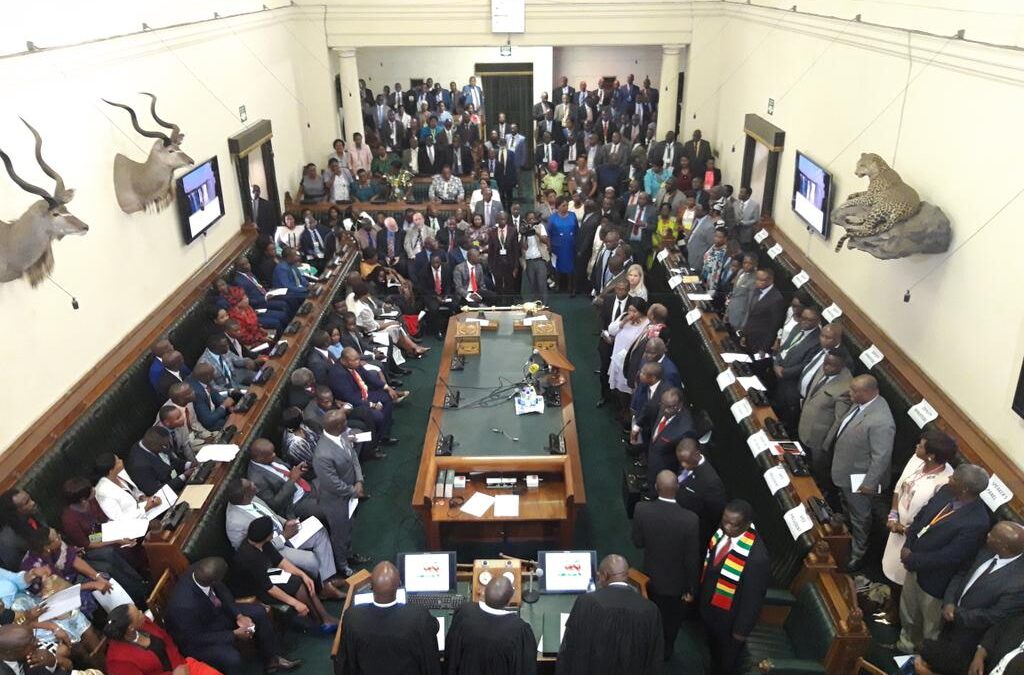Ashley Masakadza
Poor victim protection mechanisms at various media organisations discourage victims from reporting incidents of sexual harassment that they face at work places, hence organisations need to put more effort in putting victim friendly systems to weed out this endemic.
This came out of a discussion hosted by the Gender and Media Connect with journalists last week where it immerged that the lack of victim protection systems has resulted in perpetrators of sexual harassment going free.
As a result, the endemic continues unabated. Journalists revealed that in most cases, incidents of sexual harassment in newsrooms are hidden to protect the image of the company. Also companies fail to deal with these issues anonymously which exposes victims to all staff members .
They end up being discriminated, shamed and mocked. In some cases, they can even be isolated by others and that affect their work performance.
It also came out from the discussion that sometimes victims are subjected to more victimization when they report, as they are mocked by other co-workers for being weak and crazy for reporting these matters.
This also gives ammunition for perpetrators to use it against victims in order to abuse them. The other issue is the policy enforcers in media organisations are weak. When reported to, they do nothing about it. They cover up the reports and shove them under the bus.
In other instances, the policy enforcers take advantage of victims when they report to exploit them through sexual harassment which causes this disease to further scourge in the media.
Victims are sometimes laughed at, and rejected by others which make them lose their dignity in the newsroom.
These problems are so pervasive that it is past time for individuals to start taking them seriously. Someone must step up and take responsibility for making newsrooms a safe place for everyone. Men can experience these types of harassment as well, but when they attempt to report them, they are regarded as weak and foolish for turning down an “opportunity”.
Some of these offensive remarks can make someone hesitate to report harassment because they would have heard what happened to the last complainant. So they will be reluctant to go through it again when it happens to them.
Currently, ZBC is on the spotlight for having seniors who are being accused of harassing young interns. The Zimbabwe Media Commission must act appropriately and make examples out of these individuals, and ZBC must publicly address these cases and make an example with those accused in order to stop the spreading of this endemic .
The implementation of independent policy enforcers in newsrooms, ensuring that people are informed of the repercussions of harassing anyone, revoking accreditation licenses when offenders are detected are some of the remedies we can think of to reduce this pervasive behavior.





0 Comments